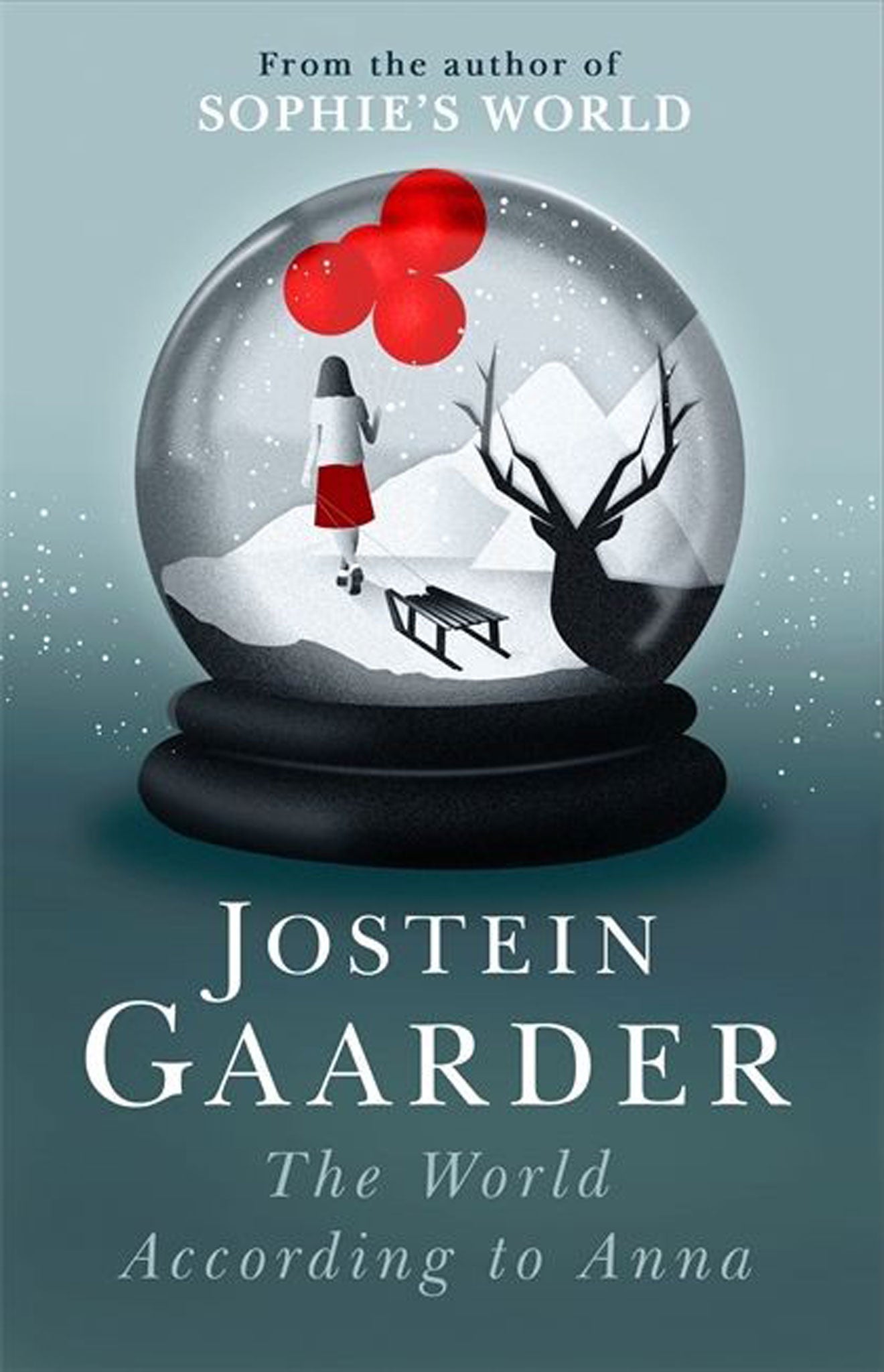Your support helps us to tell the story
From reproductive rights to climate change to Big Tech, The Independent is on the ground when the story is developing. Whether it's investigating the financials of Elon Musk's pro-Trump PAC or producing our latest documentary, 'The A Word', which shines a light on the American women fighting for reproductive rights, we know how important it is to parse out the facts from the messaging.
At such a critical moment in US history, we need reporters on the ground. Your donation allows us to keep sending journalists to speak to both sides of the story.
The Independent is trusted by Americans across the entire political spectrum. And unlike many other quality news outlets, we choose not to lock Americans out of our reporting and analysis with paywalls. We believe quality journalism should be available to everyone, paid for by those who can afford it.
Your support makes all the difference.The pleasures of dining al fresco in a mild autumn are tempered by the suspicion that this must be a bad sign for the environment. A character in Norwegian writer Jostein Gaarder's new novel encapsulates this sense when she says: "This September was the hottest on record… We're seeing the side-effects of global warming even earlier than we expected." I don't know if the mild weather is an effect of global warming or not so, in a way, I'm Gaarder's ideal reader, because The World According to Anna reads less like a novel than a pamphlet on climate change for dummies.
Gaarder, who's best known for Sophie's World (1991), has been an environmental campaigner for many years but, in his new novel, his activism has polluted his art. Fancifully billed by his publishers as "a fable for our time", the action begins when Anna, who's recently started dating Jonas, is about to turn 16. "Dreams come to me from another world," says Anna, so her parents send her to see a psychiatrist. Fortunately, Dr Benjamin shares Anna's concerns about climate change and says: "I ask myself whether we live in a culture that intentionally represses fundamental truths."
In her dreams, Anna travels through time to 2082, where she meets her great-granddaughter, who castigates her for the blasted world Anna's generation has created: "I want a million plants and animals to come back from extinction… I want the world that you had at my age. ... You owe me that." Such authorial hectoring is unattractive but Anna is shaken by the dream so she and Jonas spend the rest of the novel flitting between fantasy and reality, 2012 and 2082, inventing unusual ways to save the planet.
Gaarder's translator, Don Bartlett, has given English-language readers memorable versions of novels by Karl Ove Knausgaard and Per Petterson but here everything is flat and banal. "What was wrong with humanity?" Anna wonders; and can somebody's words sound simultaneously "as though they were being swallowed by a deep cellar or coughed up from a great cave"? Surely, it's one or the other or, more likely, neither. The novel's lack of drama denudes Gaarder's arguments about the environment, which goes to show that didactic fiction is always a lose-lose situation. Why didn't he simply write a polemic? A romance about idealistic teenagers, with magical elements and topical themes, has potential but Gaarder is too busy sermonising to create anything more than the bones of a story.
Orion Books £12.99. Order for £10.99 (free p&p) from the Independent Bookshop: 08430 600 030

Join our commenting forum
Join thought-provoking conversations, follow other Independent readers and see their replies
Comments